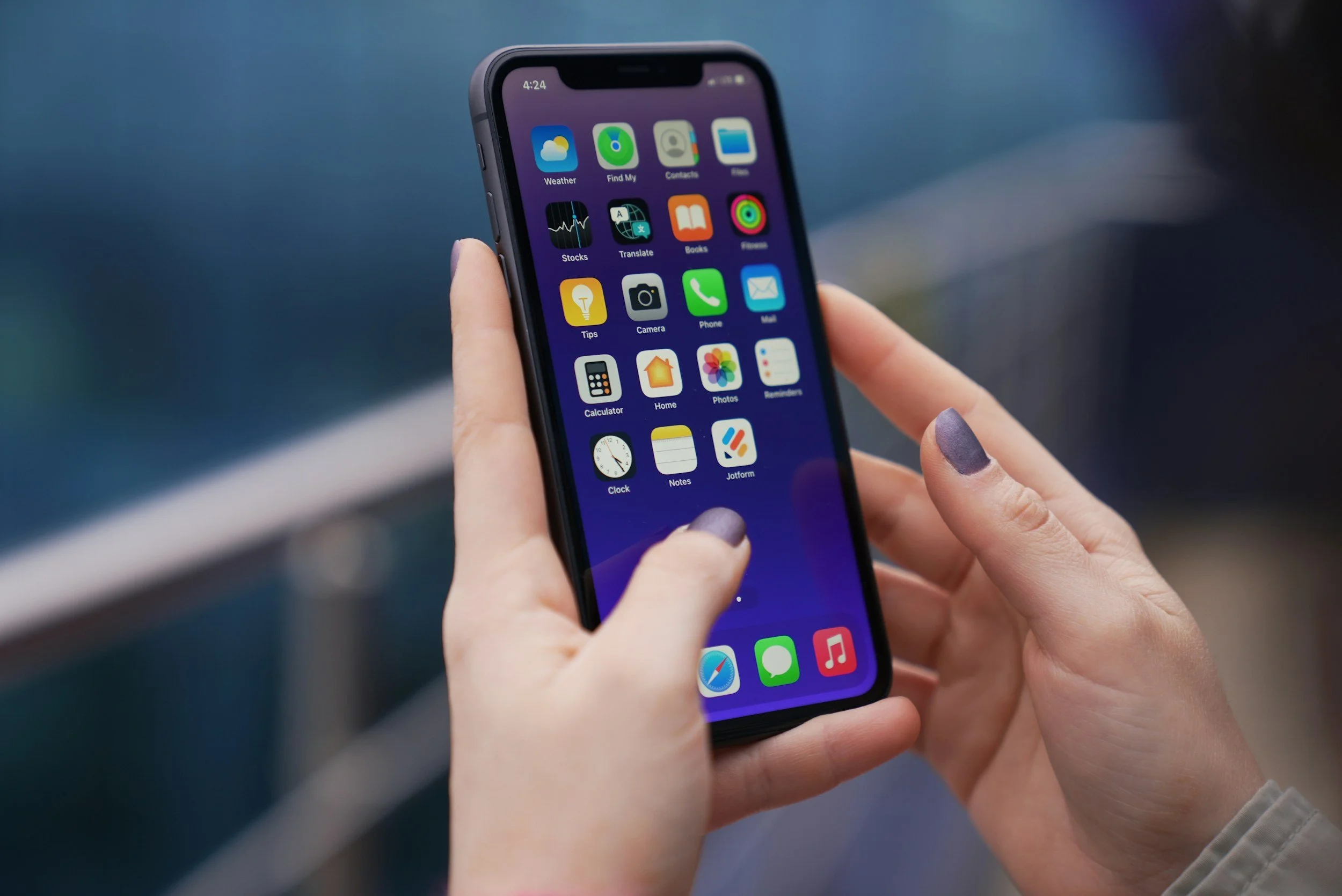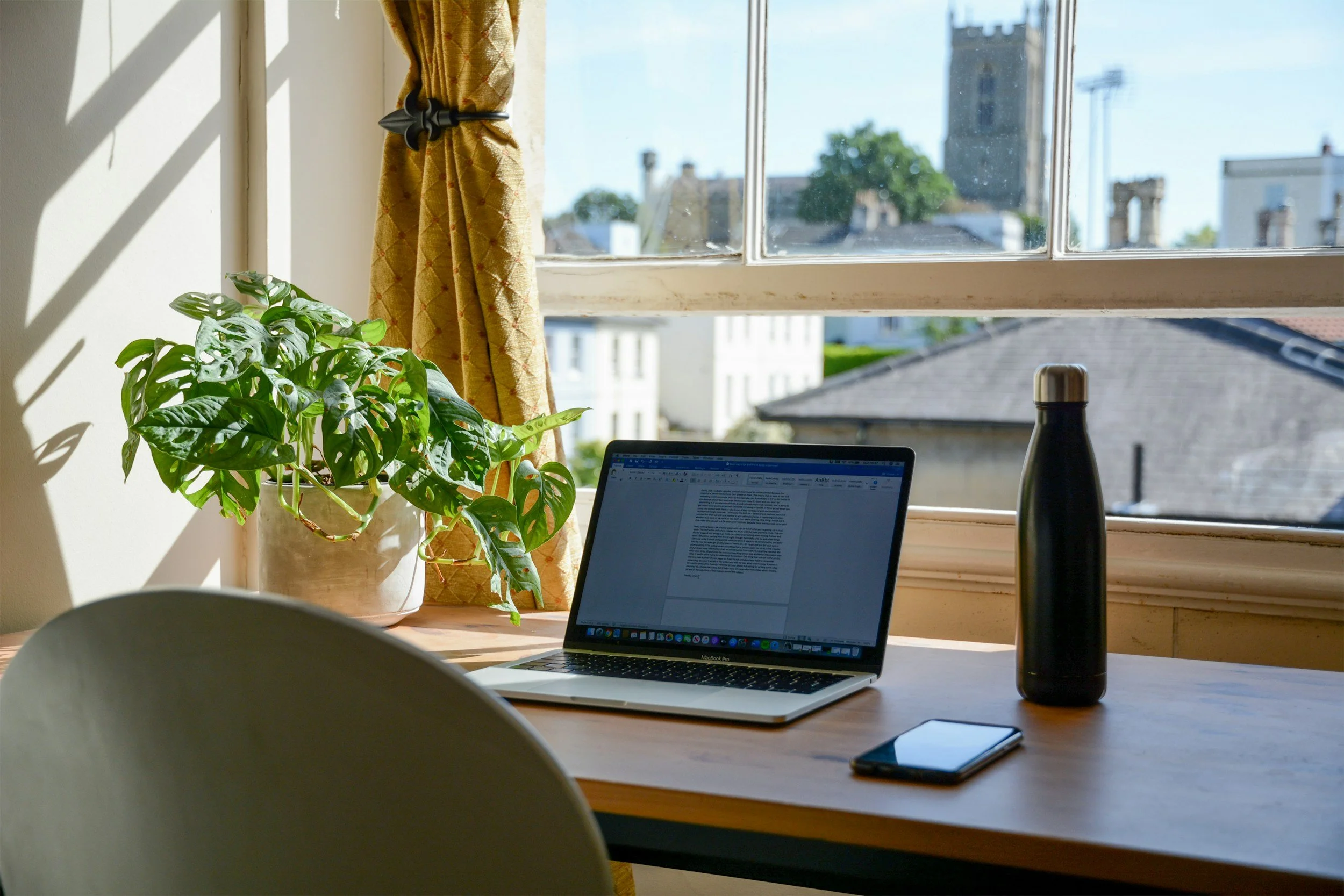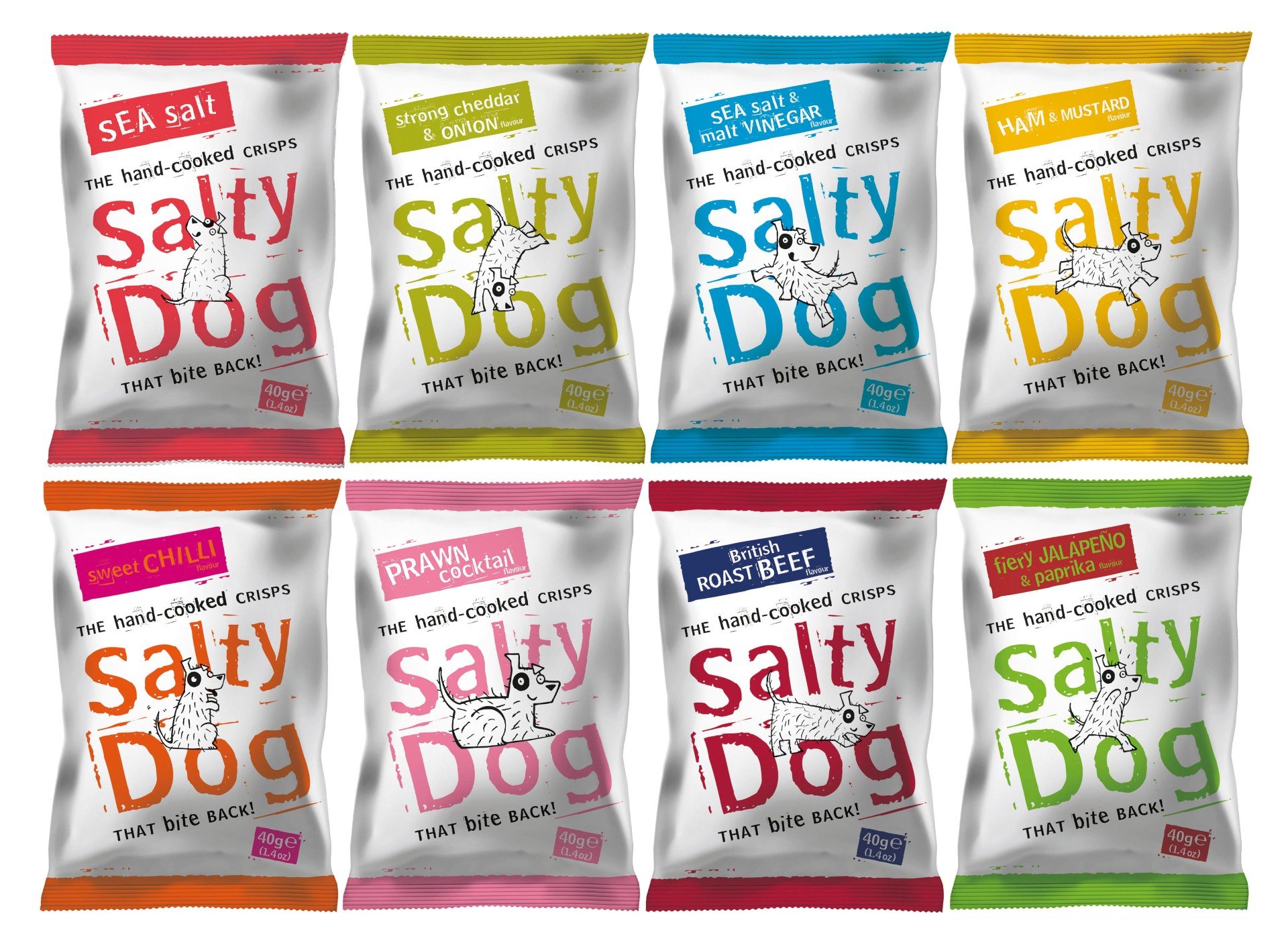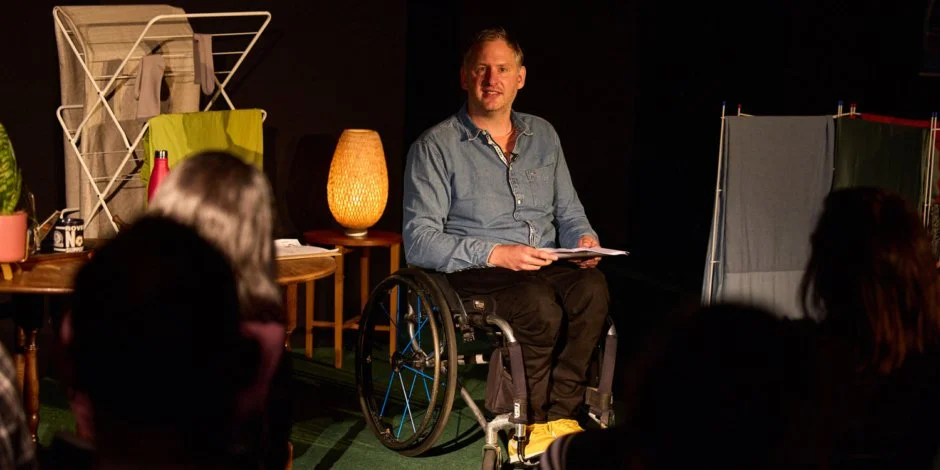You Don’t Have to Lose Weight in Lockdown (Unless You Want To!)
In a time as scary as a pandemic, why are we so fearful of gaining weight?
Note: The following article contains discussion of eating disorders, which some readers may find upsetting.
Like many people, being shut up in lockdown for four months has been less than ideal for my mental health. I’ve experienced every conceivable emotion, from the despair of not seeing friends for months, to the joy of getting the last bag of flour in Sainsbury’s.
However, the emotion I felt most acutely was anxiety. Not just because of the general state of the world, but also over food. The anxiety which comes with eating too much, or eating the ‘wrong’ things, or not exercising enough, or not meeting your daily step goal, but most of all over the inevitable consequences thereof: gaining weight.
And I wasn’t the only one. It felt like whenever I went on social media, an activity that was practically unavoidable in lockdown, I was seeing posts either joking about gaining weight, or sharing new ways to lose it. Across many social media platforms, you’ve probably seen some variant of the same fatphobic jokes surrounding quarantine weight gain.
Tweets like freshman 15 is nothing compared to the quarantine 45 I’m about to gain or Resisting the urge to eat every 15 minutes is remarkably difficult while under quarantine might seem like harmless jokes, but to me they only seemed to reiterate that staying thin in a pandemic was imperative, and that putting on weight was something to be ashamed of.
In times of crisis such as these, many of us turn to humour to process these new and complicated feelings, but the overwhelming prevalence of this kind of rhetoric begs the question: in a time as scary as a pandemic, why are we so fearful of gaining weight?
Diet culture is ingrained in all of us from birth, especially women. We grow up believing that gaining weight = bad, losing weight = good, we learn to attach self-worth to our size, and we’re told that being slim is healthy, even though this isn’t always the case. The body positivity movement has done a lot to combat this narrative, but there’s still a lot to unlearn.
It’s perhaps unsurprising, then, that the UK’s leading eating disorder charity BEAT reported a 73% increase in demand for their services in June compared to February. Common concerns included fears of not being able to carry out normal routines, access ‘safe’ foods due to stockpiling and shopping restrictions, and exercise if placed in self-isolation.
As we all learn to live in the time of coronavirus, it can be easy to beat yourself up for feeling this way. I often feel guilty for even worrying about something as trivial as my weight when there’s much more pressing issues in the world.
However, going forward I’ll be doing my best to be kinder to myself. It goes without saying but it’s impossible to overcome a lifetime of systematic pressure overnight! Self-love is something you have to work at, and you shouldn’t feel bad for having days where you do end up worrying about your weight.
Equally, as life slowly begins to restart, I’m looking forward to rebuilding my strength in the gym. Lifting weights is something that makes me feel happy and empowered, but with that being said, I’m trying to keep my expectations realistic; it’s going to be a while before I’m back at my pre-lockdown fitness level, but I’m learning to be fine with that.
The truth is, there’s no right or wrong way to deal with a global pandemic. Some people may find themselves eating a bit less, and that’s OK. Others may find themselves eating a bit more, and that’s OK too. Whether you like to relieve stress by going for a run, baking banana bread, or by not doing too much of anything at all, knowing what’s best for you is the key.
BEAT promotes awareness and understanding of eating disorders, visit their website (www.beateatingdisorders.org.uk) for more information. They have a dedicated Youthline for those under 18 (0808 801 0711) and helpline for those aged 18 and over (0808 801 0677).
Help us keep the City Girl Network running by supporting us via Patreon for the price of a cheap cup of coffee- just £2 a month. For £3 a month you can also get yourself a Patreon exclusive 10% off any of our ticketed events! You can also support us by following us on Instagram, and by joining our City Girl Network (city wide!) Facebook group.
Written by Sophia Proudman














